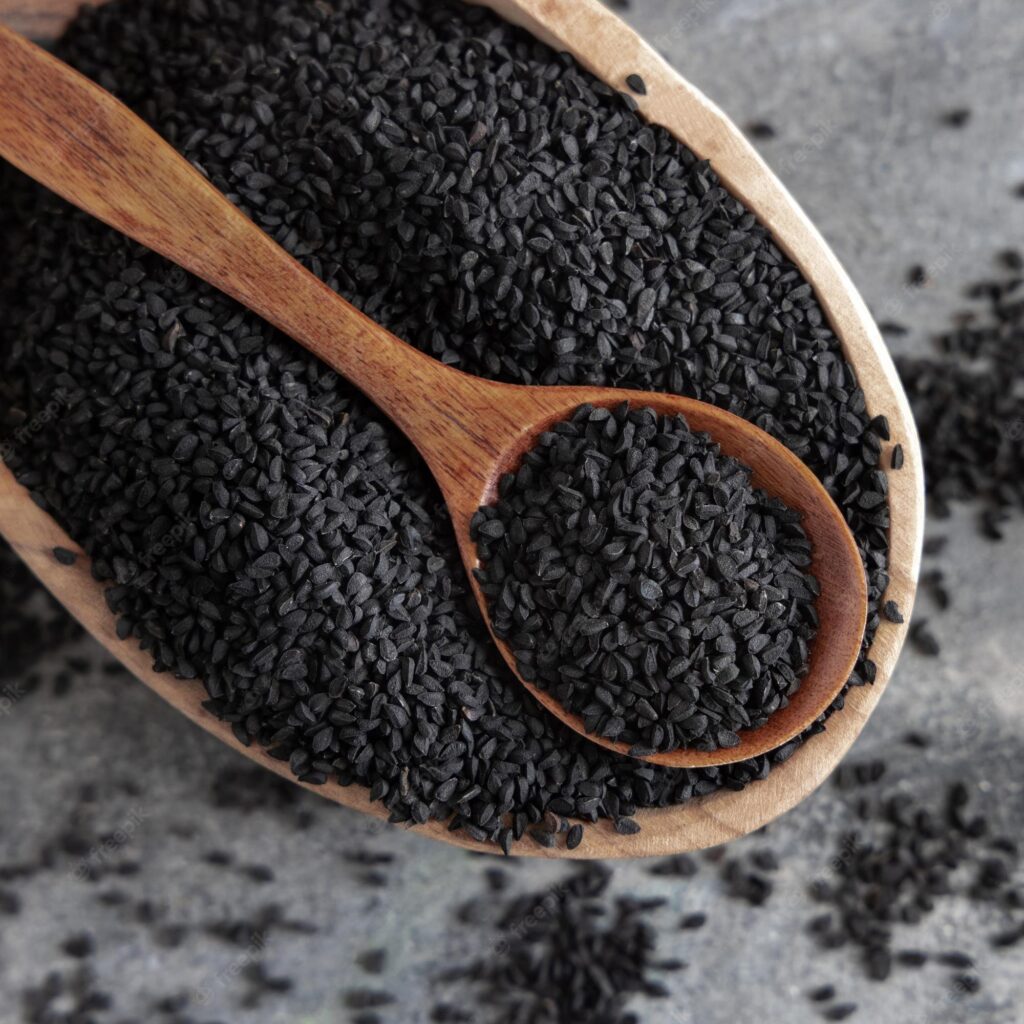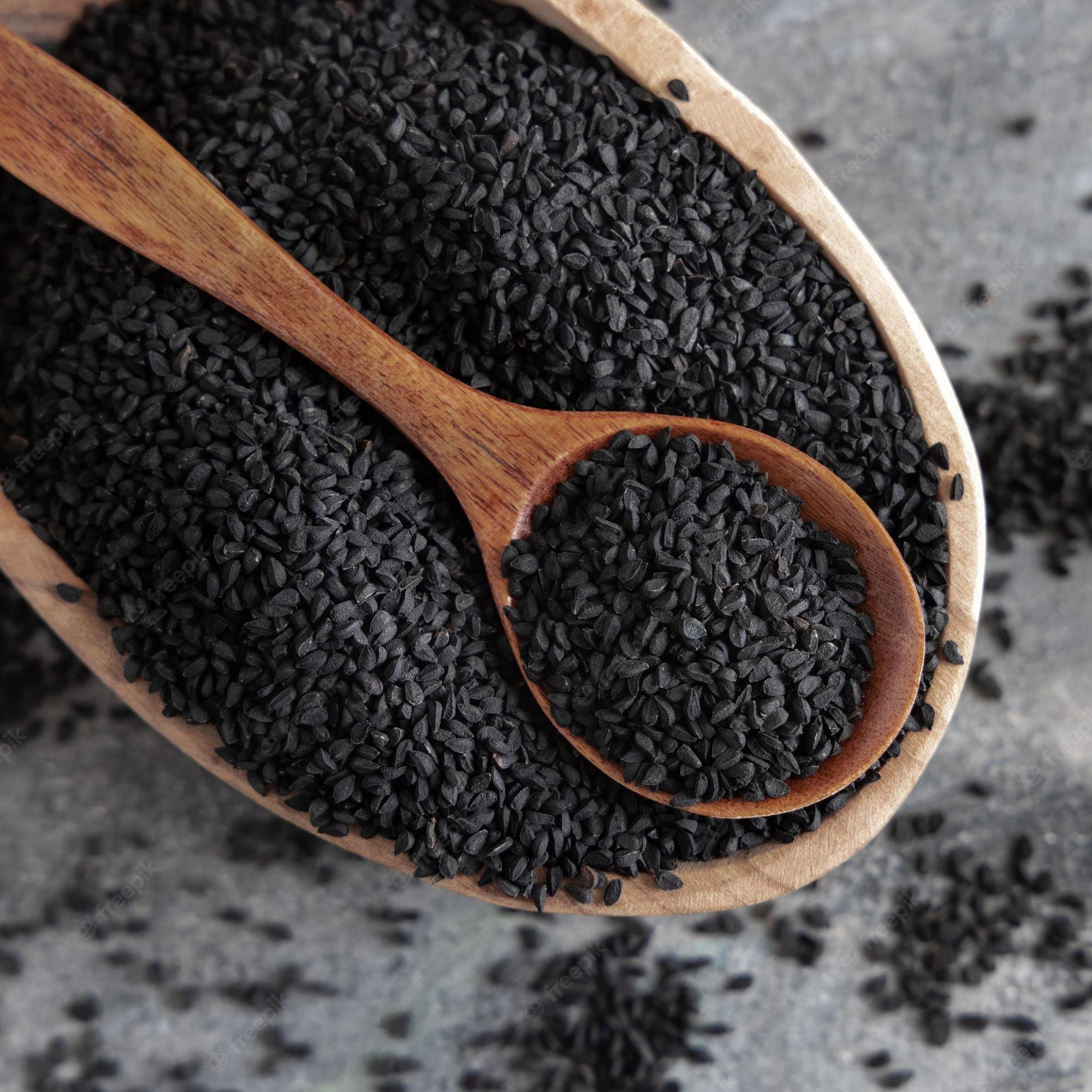
Kalonji, also known as black seed or Nigella sativa, is a small black seed that is native to South Asia. It has been used for centuries in traditional medicine and is believed to offer various health benefits.
Some Potential Benefits of Eating Kalonji
- Anti-Inflammatory Properties: Kalonji contains compounds that may have anti-inflammatory effects, helping to reduce inflammation in the body. This could be beneficial for conditions related to inflammation, such as arthritis.
- Antioxidant Effects: The seeds are rich in antioxidants, which can help protect cells from damage caused by free radicals. Antioxidants play a role in supporting overall health and may contribute to disease prevention.
- Immune System Support: Kalonji is believed to have immune-boosting properties, helping the body defend itself against infections and diseases. It may stimulate the immune system and promote overall immune health.
- Digestive Health: The seeds are thought to have digestive benefits and may aid in relieving digestive issues such as indigestion and gas. Some people use kalonji as a remedy for digestive discomfort.
- Weight Management: Some studies suggest that kalonji may help with weight management by supporting metabolism. However, more research is needed to fully understand its impact on weight loss.
- Heart Health: Kalonji may have cardiovascular benefits, including the potential to lower blood pressure and cholesterol levels. This, in turn, could contribute to heart health.
- Diabetes Management: Some research indicates that kalonji may have a positive effect on blood sugar levels, potentially aiding in the management of diabetes. However, more studies are needed to confirm these effects.
- Respiratory Health: Kalonji is traditionally used to alleviate respiratory conditions such as asthma and bronchitis. It may have bronchodilator and anti-inflammatory effects that could support respiratory health.
- Skin Health: The seeds are sometimes used topically or consumed for their potential benefits for skin health. They may help with conditions such as eczema and psoriasis, thanks to their anti-inflammatory properties.
- Antibacterial and Antifungal Properties: Kalonji has demonstrated antibacterial and antifungal effects in some studies, suggesting potential benefits for fighting infections.
While kalonji is considered safe for most people when consumed in moderate amounts, it’s essential to consult with a healthcare professional before incorporating it into your diet, especially if you have existing health conditions or are taking medications. Additionally, individual responses to kalonji can vary, and more research is needed to fully understand its long-term effects and optimal dosage.




